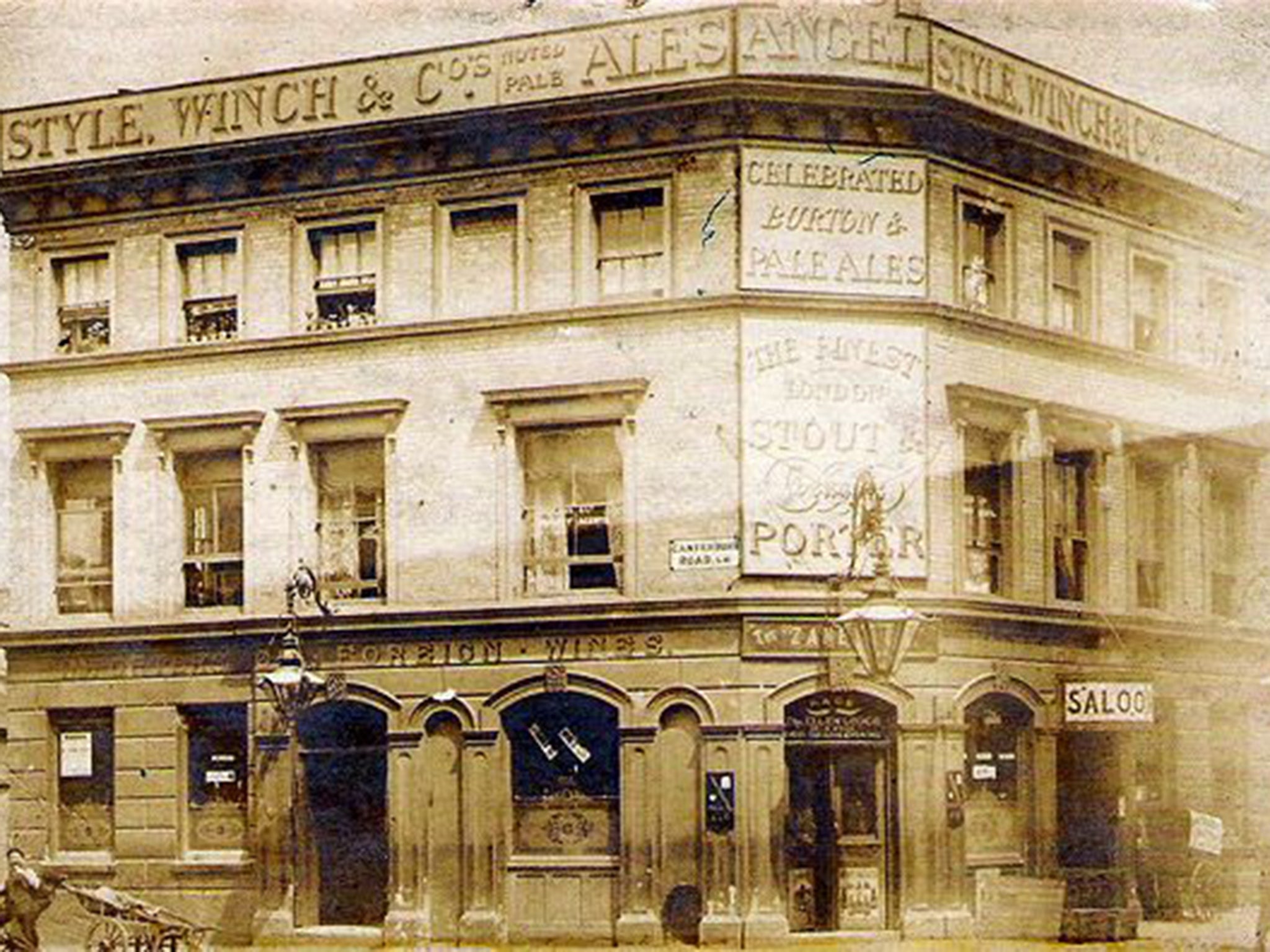The Angel: How the fate of a Brixton pub explains the effects of gentrification in a nutshell
The Angel failed to fit in with Brixton’s new look

A pub round the corner from me neatly symbolises the transformation of Brixton and beyond. Except it isn’t a pub any more. The Angel started as a grand saloon bar and hotel with ornate gas lamps and a resident Edwardian dance troupe called the Royal Zanettos. Later it embraced the Windrush generation settling in South London. A BBC report described it as the first pub in the area to serve black people. The music would switch to reggae and ska.
But the Angel’s fortunes wavered with those of Brixton. By the 1980s, it stood in the shadow of the Barrier Block estate on the other side of Coldharbour Lane. Then, about five years ago, Brixton began to gentrify at breakneck speed. Stalls in the old covered market became bars and restaurants. House prices rocketed. Barratt Homes swooped to offer “buzzy urban living at its best”. The Angel wasn’t part of that story and it shut in 2011.
You can almost guess the rest. A property company called Lexadon bought the building for almost £700,000. Most of it has become “mews houses” and apartments (£1,700 per month for a one-bed flat). Finally, last month, the ground-floor saloon reopened as Mama Dough, a sourdough pizza restaurant. I pass it every day on my way home. The bricks are bare, the tables rustic and the customers very white. I’d tell you what music they play now, but I haven’t been able to get a table.
Join our commenting forum
Join thought-provoking conversations, follow other Independent readers and see their replies
Comments
Bookmark popover
Removed from bookmarks